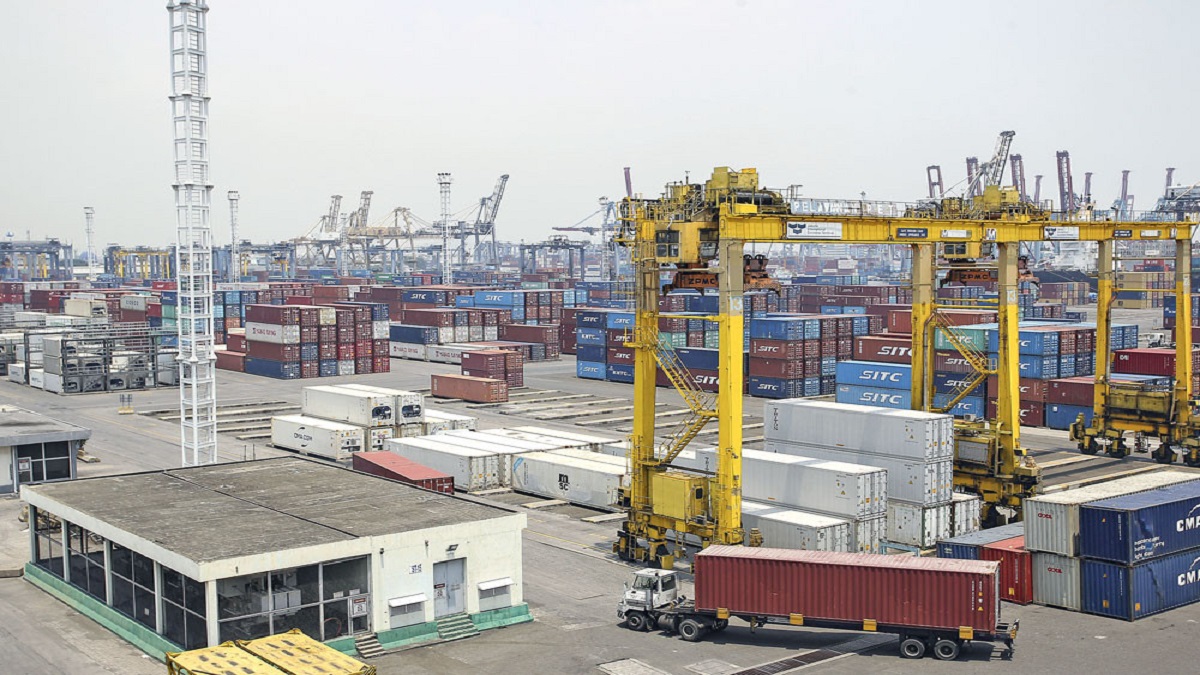Bangladesh offers expanded zero-tariff access to U.S. goods
BY Insider Desk
April 08, 2025

Bangladesh has offered to remove import tariffs on an additional 100 U.S. goods in an attempt to reduce the trade imbalance between the two countries and address the fallout from Washington’s reciprocal tariff policy, introduced under the Trump administration.
The offer is outlined in a letter sent by Commerce Adviser Sk. Bashir Uddin to U.S. Trade Representative Jamieson Greer on Sunday, amid heightened trade tensions.
This proposed concession would increase the number of U.S. product lines eligible for zero import duties in Bangladesh to 290 from the current 190. T
“Since the withdrawal of preferential access for Bangladeshi exports to the U.S., your esteemed government has been imposing a 15 percent tariff on all goods from Bangladesh,” Uddin wrote in the letter.
He contrasted this with Bangladesh’s own tariff regime, noting that U.S. products face an average weighted tariff of 6.10 percent, with some critical industrial inputs such as raw cotton and steel scrap already enjoying near-zero tariffs.
The letter comes at a time when Dhaka’s trade relations with Washington are being tested by the broader implications of U.S. trade policy. Under the reciprocal tariff approach initiated by the Trump administration and continued into the current year, the United States has adopted a strategy of mirroring tariffs imposed by trading partners, thereby intensifying pressure on developing economies that rely heavily on access to the American market.
Bangladesh, a key player in the global textiles and apparel supply chain, is among the countries most affected by these measures. Despite being one of the largest importers of U.S. cotton—a crucial raw material for its readymade garments (RMG) industry—Bangladeshi apparel exporters face some of the highest tariffs when entering the U.S. market.
RMG products, which constitute the backbone of Bangladesh’s export economy, have been subjected to a 15 percent duty since the withdrawal of Generalized System of Preferences (GSP) benefits.
This asymmetry in tariff application has prompted the Bangladeshi government to seek a more balanced arrangement. In his letter, Uddin highlighted the disparity, implicitly urging the U.S. administration to consider reassessing its tariff policies toward Bangladesh.
The offer to remove tariffs on an additional 100 American goods is both symbolic and strategic. While many of these items have yet to be publicly disclosed, they are expected to include consumer goods and industrial inputs with significant export value to the U.S. agricultural and manufacturing sectors.
According to officials familiar with the proposal, the rationale is to encourage reciprocal goodwill and open the door to negotiations on more favourable terms for Bangladeshi exports.
U.S. officials have repeatedly emphasised the importance of reciprocal access and fairness in trade relationships. Bangladesh’s latest move may be seen as a constructive response to that principle, albeit one that simultaneously calls attention to the imbalances that persist.
Tags:
Most Read

Electronic Health Records: Journey towards health 2.0

Making an investment-friendly Bangladesh

Bangladesh facing a strategic test

Understanding the model for success for economic zones

Bangladesh’s case for metallurgical expansion

How a quiet sector moves nations

Automation can transform Bangladesh’s health sector

A raw material heaven missing the export train

A call for a new age of AI and computing
You May Also Like
